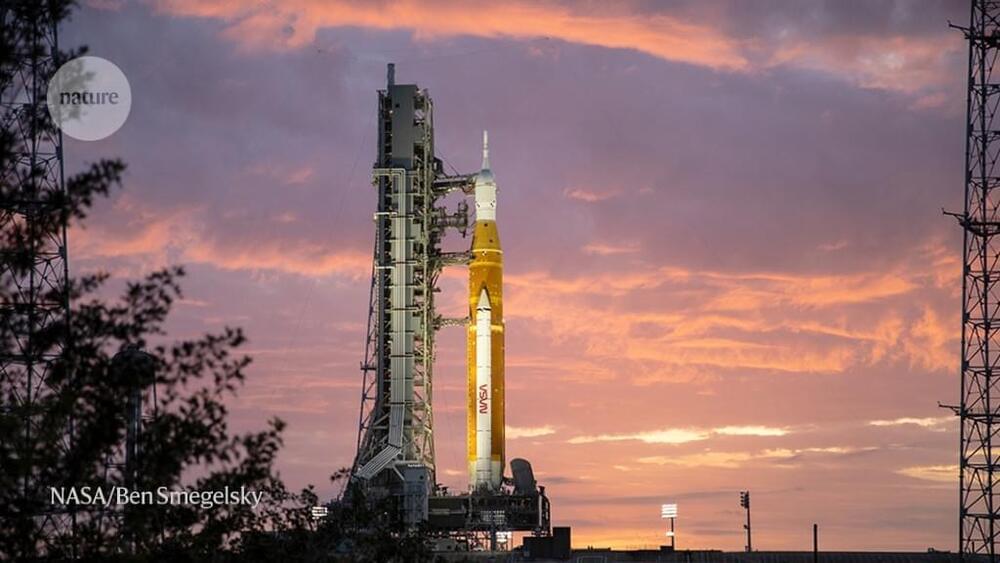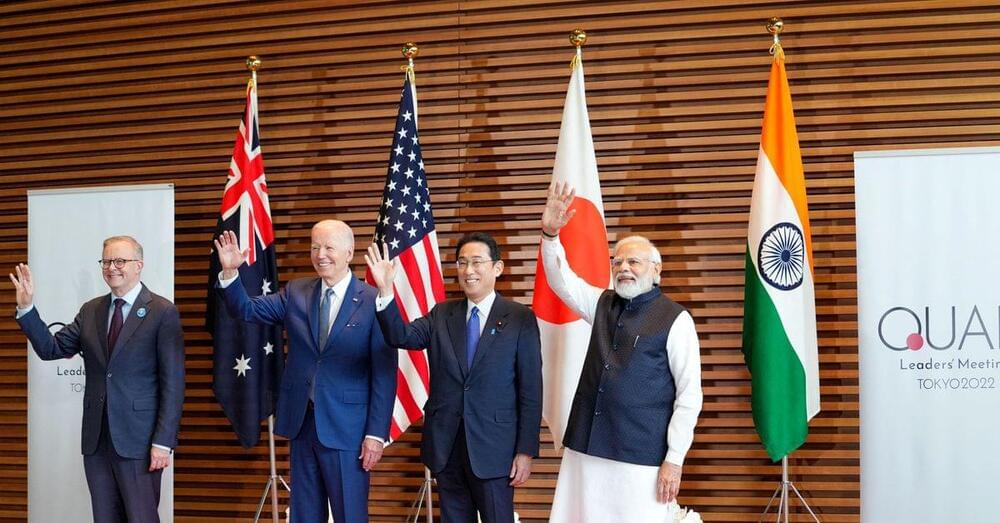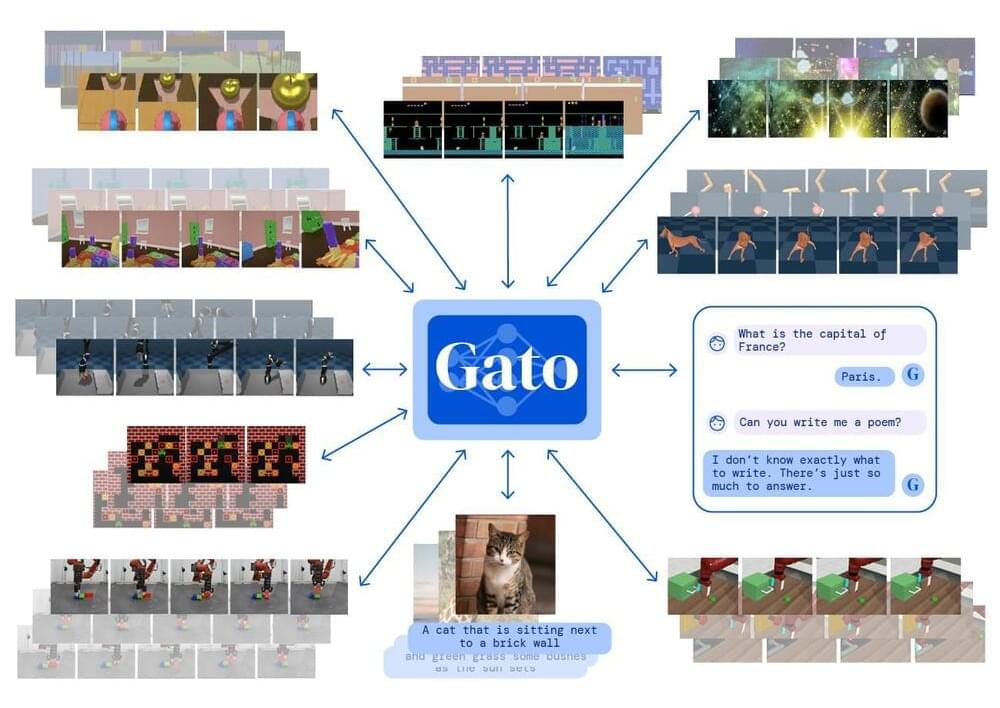The Festival will take place, from 7 to 9 July 2022, at the Archenhold Observatory in Berlin (Germany).
You are welcome to join the Festival in presence, sizing an excellent opportunity to visit the historic Archenhold Observatory and the beautiful city of Berlin. However, the Festival will be an hybrid conference, therefore virtual attendees are welcome as well.
Register here for free: https://spacerenaissance.space/register-to-the-space-renaiss…rlin-2022/
A detailed programme, and all the information — including logistics and hotels accommodations — are ** available on this page:**
**The agenda, in brief:** * The first day, 7 of July, focuses on ** Space Philosophy & Policy**, with a Panel on Civilian Space Development — How to accelerate it? How to support new space industry to achieve the goal of kicking off civilian space development within 2030? What should space agencies do, and what should the space activist organizations do? * The 8 of July, ** Astronauts and Civilians, Science & Tech Day**, will see two panels: on Space Habitats and Analog Training; Space Night, after dinner: Night Observation at the giant telescope * The 9 of July, the ** Space Art Day**, with two art panels, in German and English language.
The programme includes several keynote speakers, e.g. Seth Shostak (SETI), Giuseppe Reibaldi and John Mankins (Moon Village Association), Michelle Hanlon (NSS President), Bob Zubrin (Mars Society Founder), Jan Wörner (former ESA Director General), Bernard Foing (SRI President, chair of ITACCUS and EuroMoonMars). Many experts will tell us what’s going on on the edge of space settlement, science, art and exploration.
Several space artists will present their artworks, including: Priscilla Thomas, Mary Kuiper, Barbara King, and many members of the MoonMars art group.
The Festival will host the GALIX Congress 2022.





